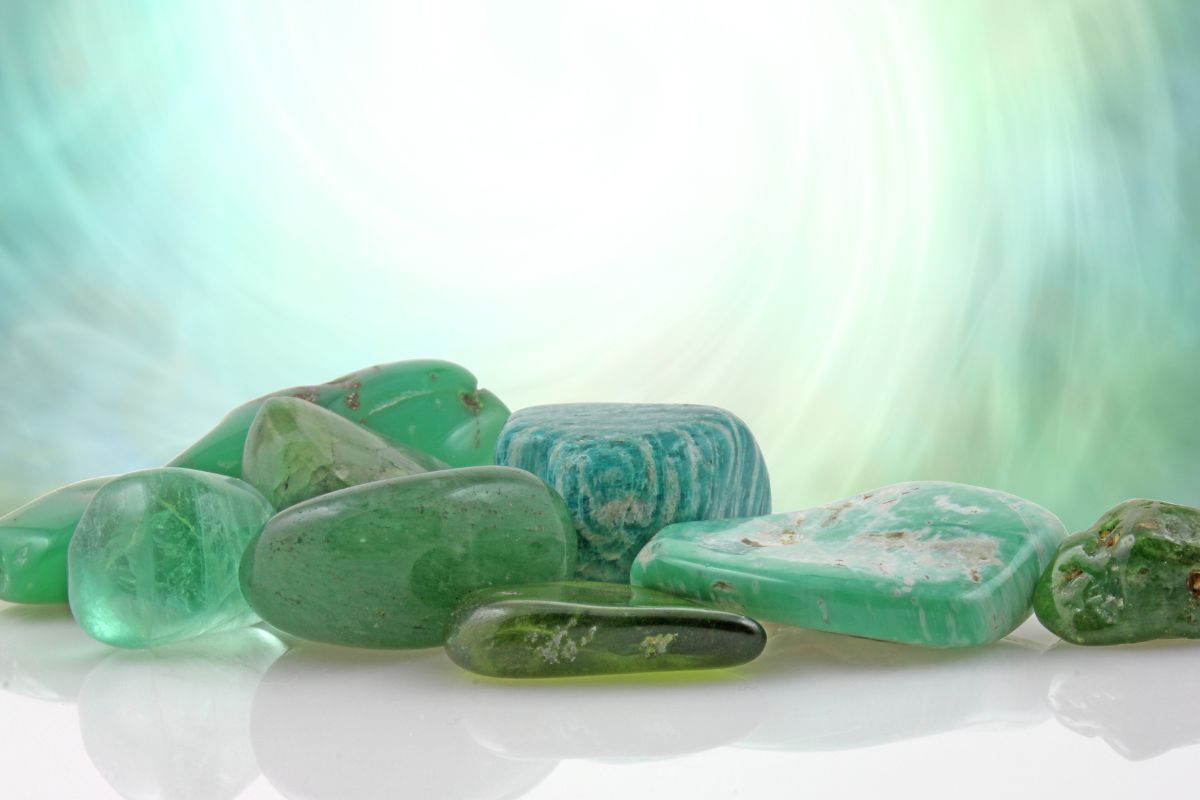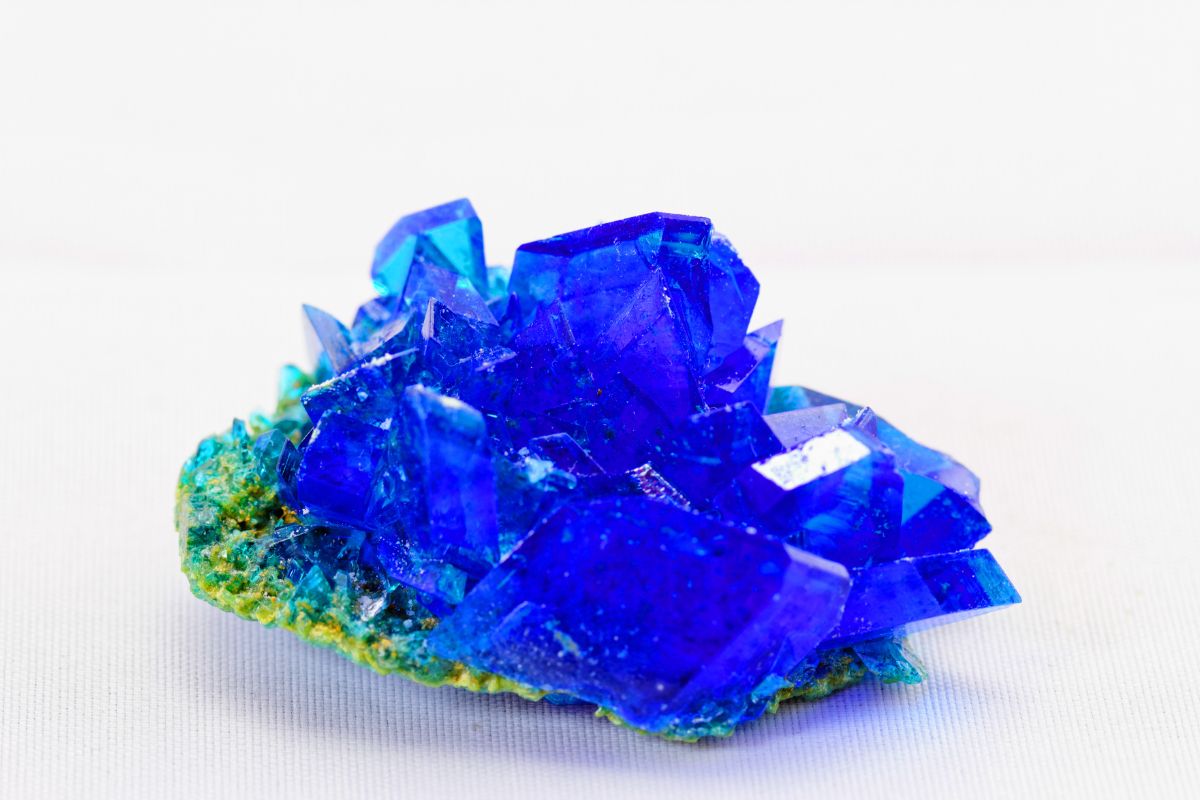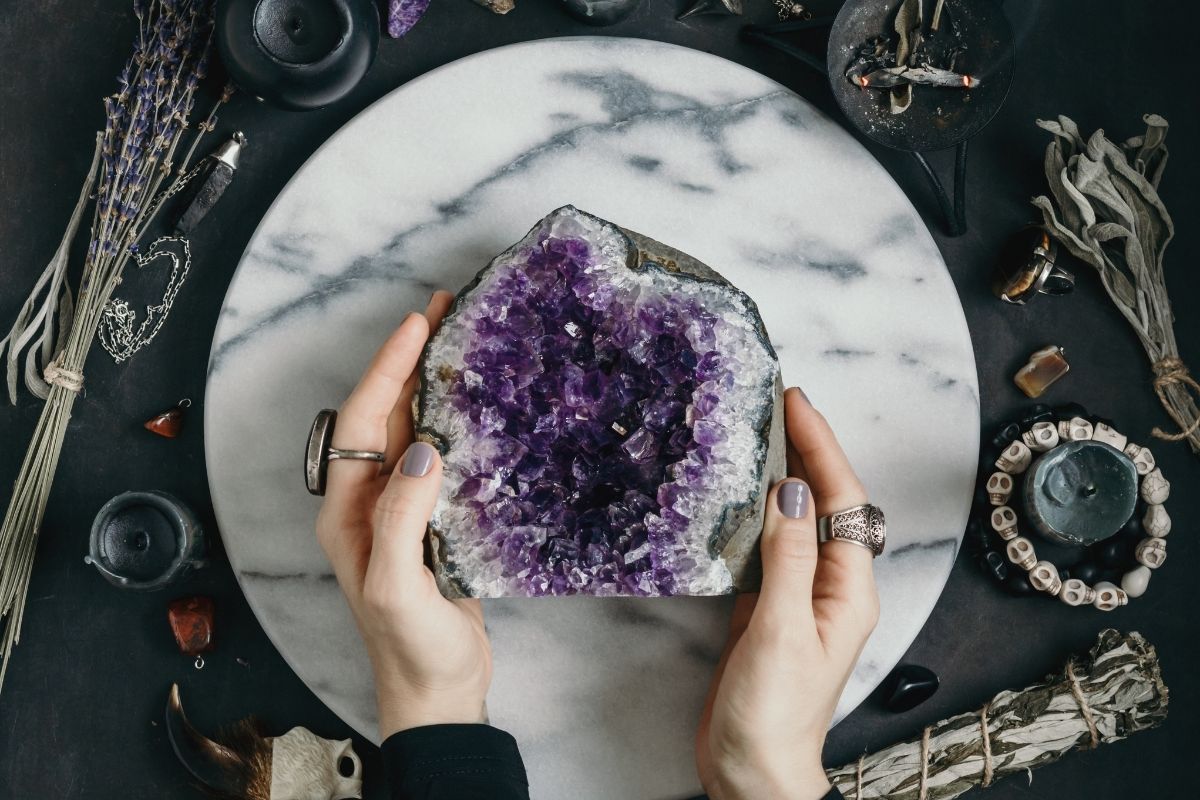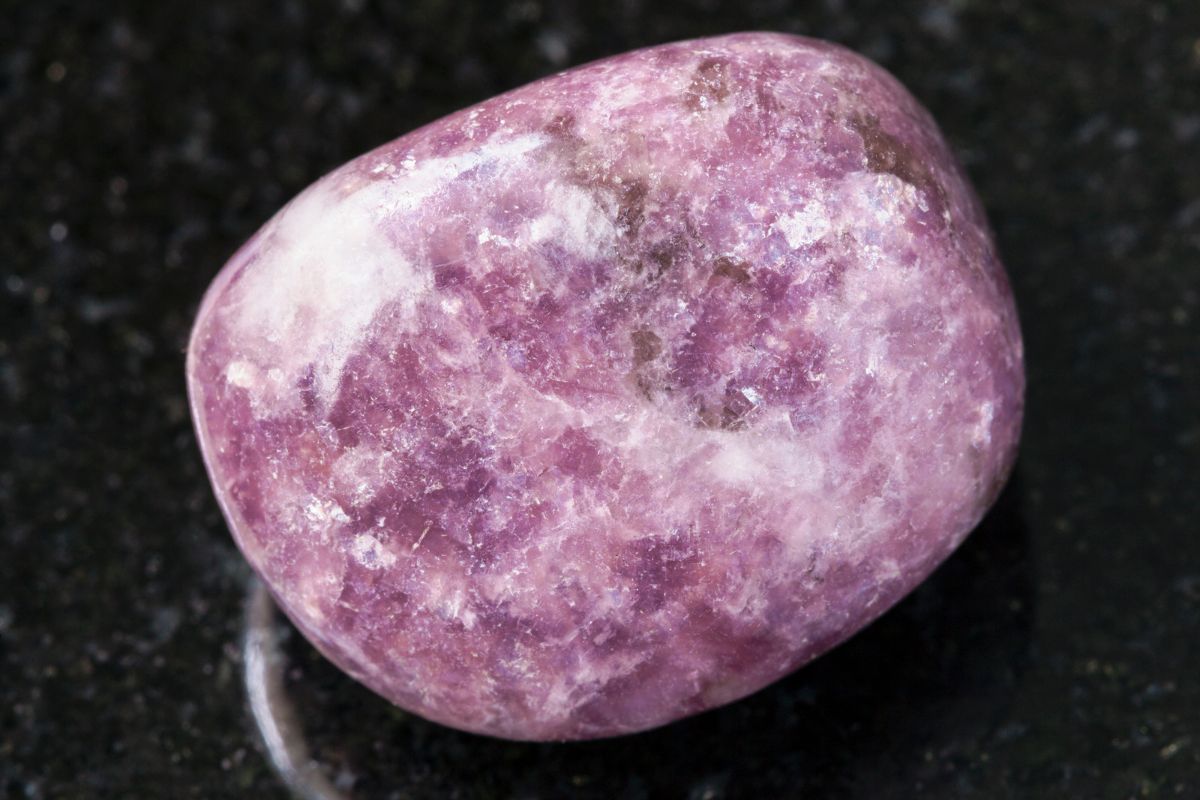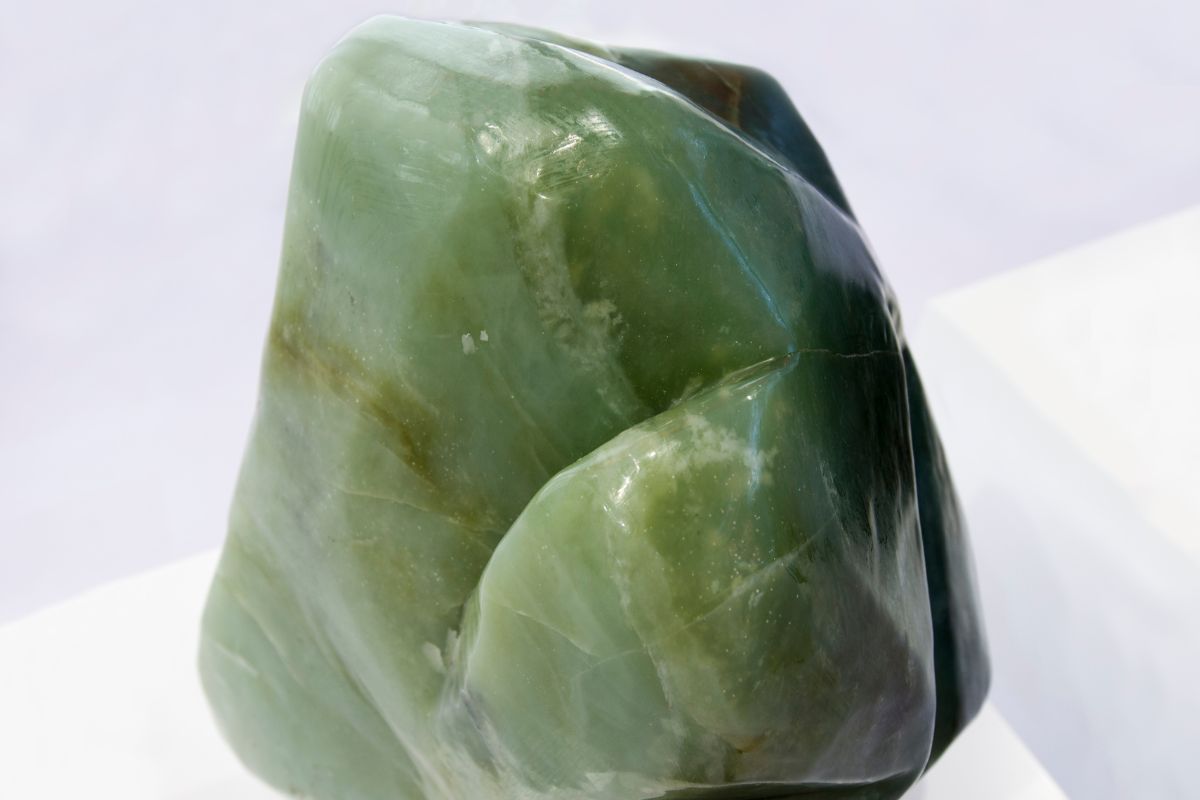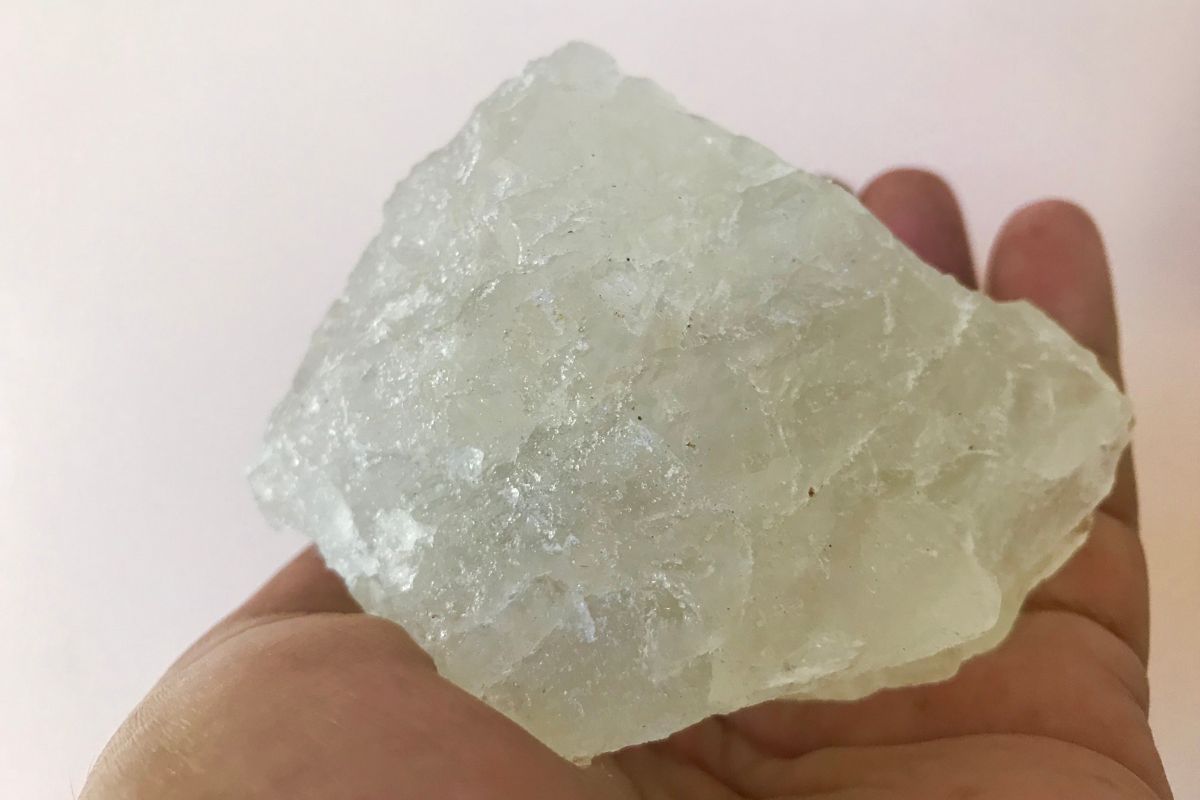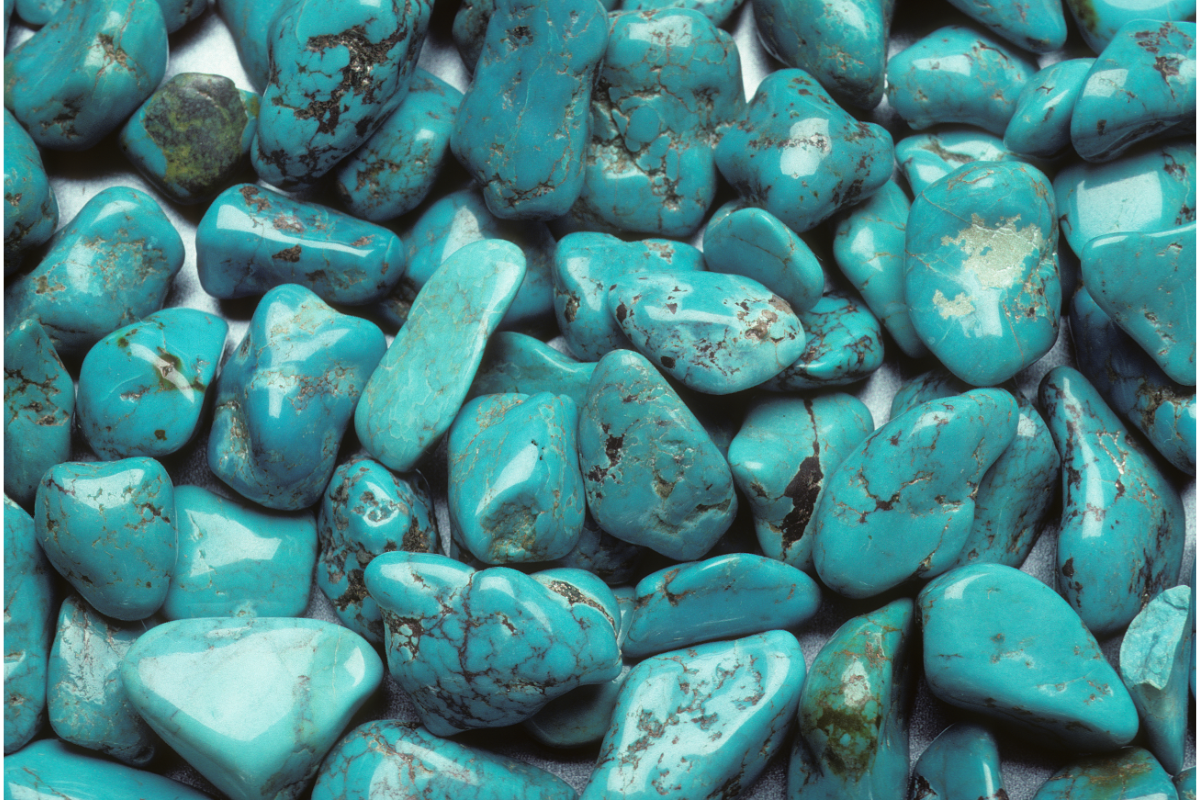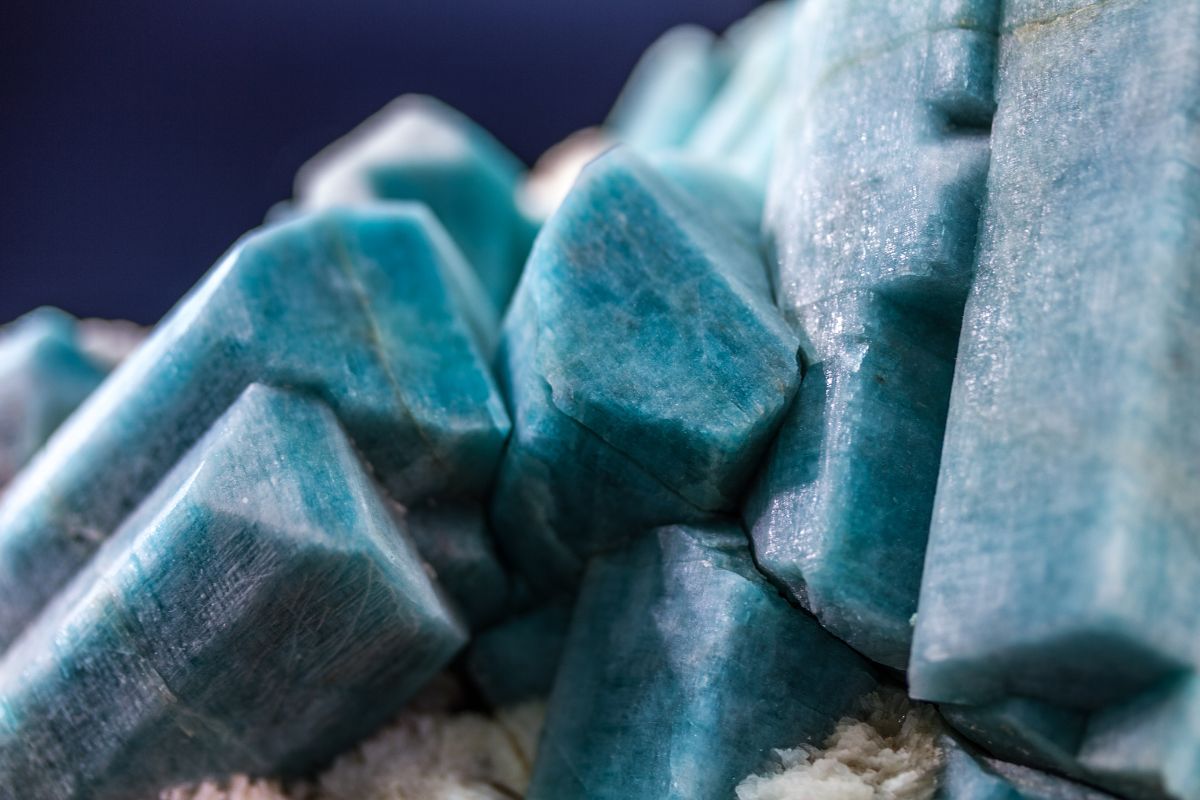Known for their beauty and metaphysical properties, crystals have found their way into various cultures and practices around the globe.
Whether you use crystals for their aesthetic appeal or for spiritual, emotional, or physical healing, the attachment to these beautiful stones can be profound.
So, what does it mean when you lose a crystal?
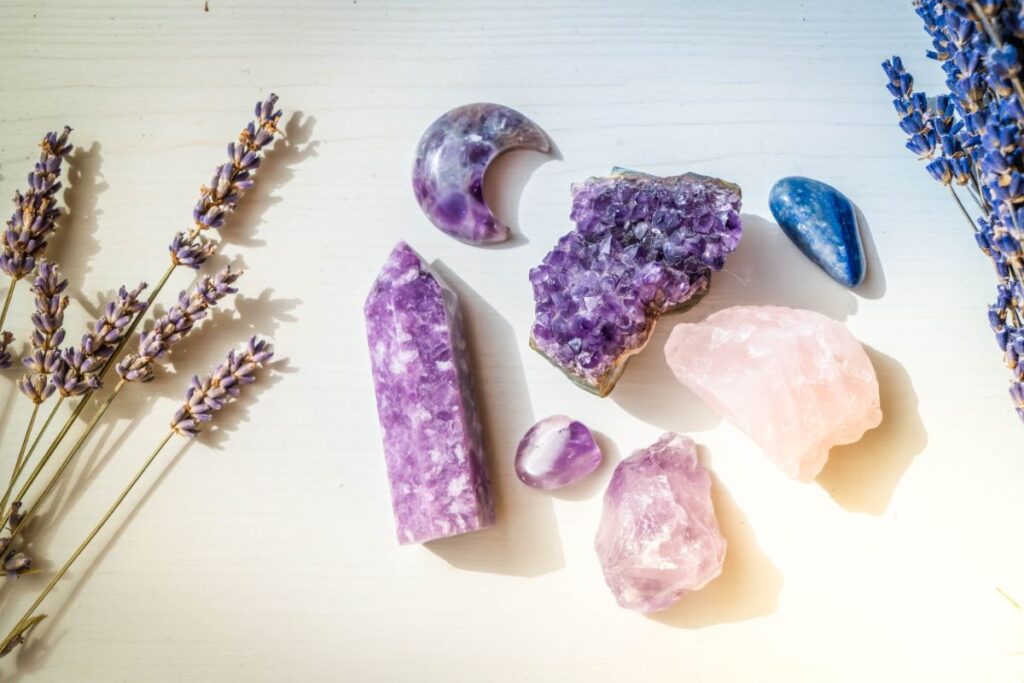
In this guide, we’ll take a look at the meaning behind losing a crystal and what you can learn from this.
Losing A Crystal
Losing a crystal can be a blow – especially if it was a crystal you held in high regard or one you worked with regularly.
Let’s take a look at exactly what losing it could mean.
Material Loss Vs. Metaphysical Perspective
From a material standpoint, losing a crystal is like losing any other object – perhaps frustrating and disappointing, especially if it was valuable or had sentimental worth.
However, in the world of crystal healing and spirituality, the loss of a crystal often takes on a deeper meaning. Let’s explore:
Synchronicity And Timeliness
The concept of synchronicity is often invoked in spiritual contexts to suggest that events are interconnected in an almost predestined manner.
Some believe that losing a crystal may indicate that its role in your life has reached its end and that you are now ready to move on without it.
They argue that the crystal has served its purpose in your life, and its disappearance simply makes room for new energies or experiences.
Energy Flow
Another view within the metaphysical realm is that the energy flow between you and the crystal has been disrupted or is no longer needed.
Every crystal is believed to have its own unique energy field, which interacts with the energy fields of its surroundings, including people.
When you lose a crystal, some suggest that it may have moved on to serve a higher purpose or that its energy was not in alignment with yours.
Lessons And Challenges
Some spiritual practitioners argue that losing a crystal can serve as a wake-up call or lesson. For example, if you frequently lose crystals, it might be a signal to pay more attention to your belongings or to be more present in the moment.
The specific type of crystal you lose might also offer clues. Losing a rose quartz, often associated with love and emotional healing, might prompt you to examine your current relationships or emotional state.
Psychological Interpretations
The psychological impact of losing a crystal largely depends on your beliefs and attachment to the object.
For those who use crystals as tools for meditation or stress relief, the loss could be significant.
The crystal may have served as a focal point for relaxation techniques or as a token of personal significance.
In such cases, the emotional impact of the loss is genuine, even if the crystal’s supposed metaphysical properties are disputed.
Practical Considerations
If you have lost a crystal, there are some practical steps to consider.
Firstly, thoroughly search the area where you last saw it. Crystals can be small and easy to overlook.
Second, consider its monetary value. Some crystals are quite expensive, and losing them may have financial implications.
Finally, if the crystal was a part of a jewelry piece, you may want to check the setting or clasp for defects to avoid future losses.
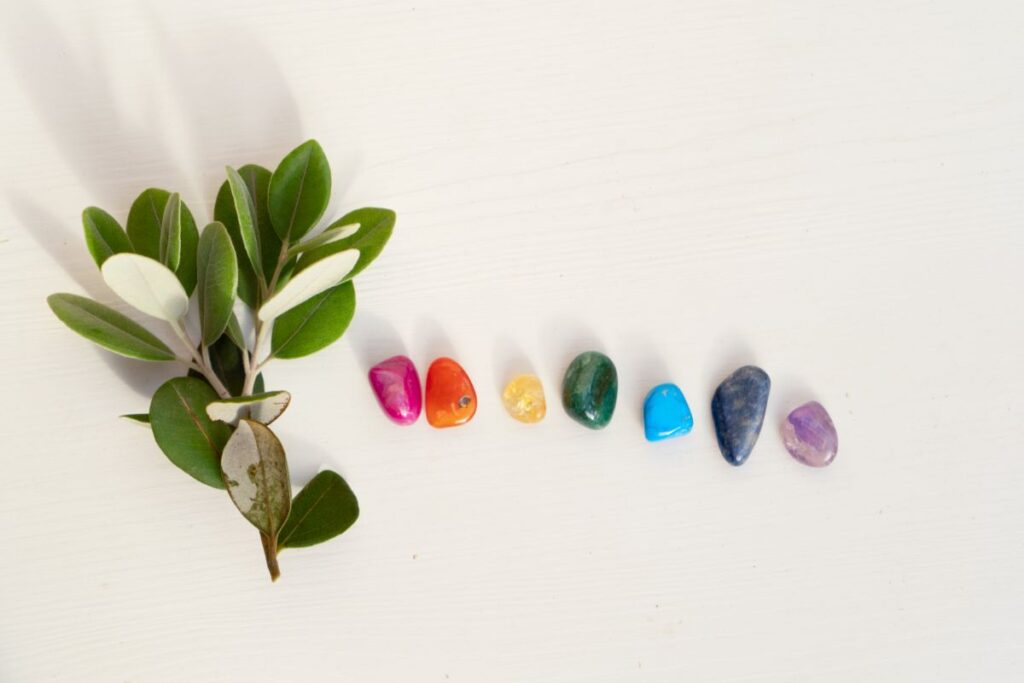
Lost Crystals And Symbolism
Expanding on the idea that the specific type of crystal lost might offer clues about its symbolic meaning, let’s consider a few examples:
- Amethyst: Known for its calming properties and association with spirituality and intuition, losing an Amethyst might be interpreted as a call to re-examine your spiritual path or assess the stressors in your life.
- Citrine: This stone is often linked with abundance and positive energy. Losing a Citrine could be taken as a sign to reevaluate your attitudes towards wealth, success, and positivity.
- Black Tourmaline: Known for its protective properties, losing a piece could be interpreted as an indication to examine your boundaries and consider whether you are adequately protecting your energy or personal space.
Replacing A Lost Crystal
When you lose a crystal, one of the first questions that might come to mind is whether or not to replace it.
From a spiritual standpoint, some practitioners suggest waiting for a period and observing any changes in your life or emotional state before rushing to acquire a new one.
They believe that the absence of the crystal may make room for other energies or lead you to discover other methods of achieving balance and harmony.
Additionally, some propose the idea that the “right” crystal will come into your life when you are ready to receive it.
From a practical viewpoint, replacing a lost crystal might hinge on several factors, such as its cost, availability, and the role it played in your life.
For example, if the crystal was a rare or particularly expensive variety, its loss could be financially significant, making immediate replacement difficult.
If the crystal was used for a specific purpose, like aiding in meditation or serving as a calming focal point, then you may wish to replace it sooner.
Is it Necessary to “Bond” Again?
If you decide to replace a lost crystal, there’s the question of whether you need to go through the process of “bonding” with the new stone.
Spiritually, it’s considered best practice to cleanse a new crystal and spend time meditating with it to align its energy with your own.
The belief is that this bonding process helps to maximize the crystal’s potential benefit in your life.
Conclusion
The meaning of losing a crystal varies depending on your perspective.
Spiritually, it might signify a range of things – from an energetic mismatch to the completion of a life lesson.
Scientifically and practically speaking, the loss is more straightforward: it’s the misplacement or disappearance of an object that may have financial or sentimental value.
Regardless of your beliefs, the loss of a crystal can be an opportunity for introspection, prompting you to reevaluate both your material possessions and your spiritual journey.
- 15 Crystals That Cannot Be Exposed To The Sun - January 7, 2024
- Malachite Vs Fuchsite – Benefits And Uses - January 7, 2024
- Malachite Vs. Green Jasper: Benefits And Uses - January 7, 2024

